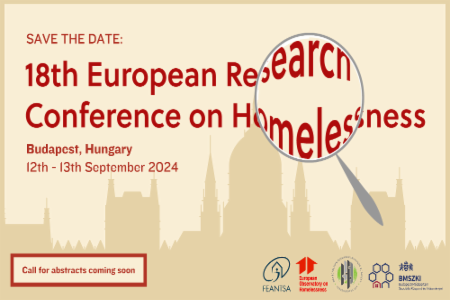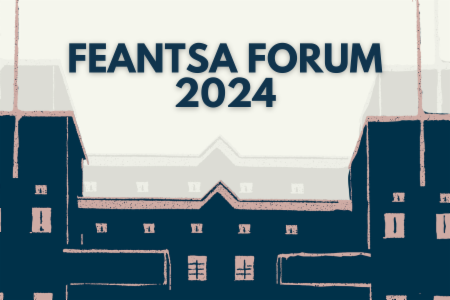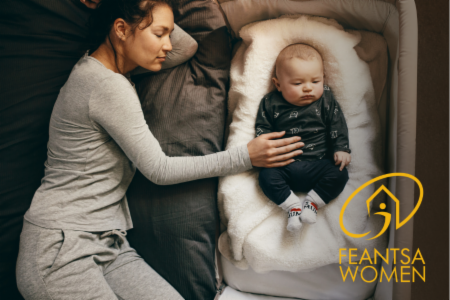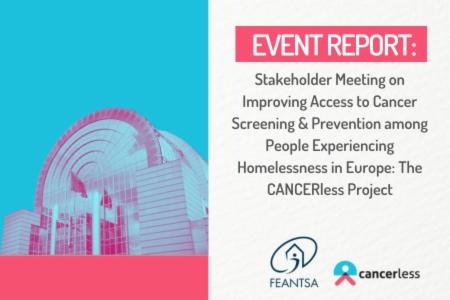The coordinator of the project is BMSZKI (HU) and partnership includes: Projekt Udenfor (DK), St Mungo's (UK), Y-Foundation (FI), Center of Social Innovation University of Lodz (PL), Kralji Ulice (SL), Simon Community Galway (IE).
Homelessness services have been traditionally designed for male users, ignoring the specific needs of homeless women as well as their different pathways into and out of homelessness. This project aims to make homeless services more responsive to the needs of women. It collects good practices through a series of thematic workshops that helps services and practitioners to change and improve their services for women experiencing homelessness. The project focuses on the following five themes: Homeless mothers and children, Women’s health, Emotional and physical safety, Relationships and couples, Partcipation.
- Homeless Mothers
Mothers represent a significant and growing part of the homeless population. The number of families entering into homelessness has increased significantly in many countries, including France, UK, Ireland, Belgium etc. and we know that when we talk about family homelessness, the majority of homeless families are headed by a young single woman. Women in situation of homelessness have very strong identities as mothers and yet it is not recognised, especially if the children are not in their care. In the download section, you can find materials of the training held in Ljubljana and other useful resources on the topic.
- Women's Health
Health and homelessness are very closely linked and women experiencing homelessness have often complex health issues including experiences of trauma and abuse. Yet they face multiple stigma and barriers to access health care services. Project partners in the training held in Helsinki shared their expertise and experience on how to improve access to health services especially women specific health services for women experiencing homelessness and how to increase understanding of the social determinants of health including gender and housing through peer research and better partnership working across sectors. Presentations and other resources are available in the download section.
Contact person: Dalma Fabian





